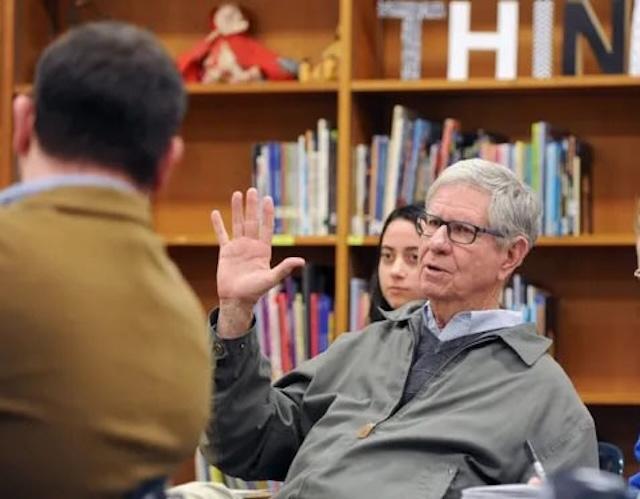Last week I introduced the Rahway Prison experiment as an incentive to consider unintended consequences of a series of interventions. The Rahway prison experiment, also known as the Scared Straight! program, was a documentary film and intervention program that took place at Rahway State Prison in New Jersey in the 1970s.
The 1978 documentary film Scared Straight! was shot entirely inside Rahway prison and won an Academy Award for Best Documentary Feature. The film documented inmates with life sentences warning delinquent teens about the realities of prison life.
The youths were placed in prison or jail facilities to scare antisocial behaviors out of them. However, studies have found that Scared Straight programs may actually increase crime rates and re-offense rates.
A more contemporary program that was of the same philosophy as Scared Straight was the Broken Glass theory of crime that avows that strict and punitive responses are the best way to deter future crime based on the principle that visible signs of disorder and misbehavior can lead to more of the same.
The Broken Glass theory is based on the idea that if a neighborhood allows signs of disorder to go unrepaired, it will lead to social disorder, higher crime rates and decreased safety, emulating a single broken window left unrepaired can lead to more broken windows and the appearance of an abandoned property. This disorder can then lead to other things being disorderly and inviting criminals.
I think the most effective way to deter crime is the collaboration of arrest and treatment. Punishment is a topic for another entry.
Deterrence, whether of the individual or the group, is also complex. What does appear apparent is that deterrence works better for the individual than it does for the group.
What might work: The Conference on Education Outreach at the University of Tennessee on October 17, 2024.
I facilitated a group discussion on community involvement and collaboration. The meeting was spirited and civil. The presenters included two brother-sister high school students, a pastoral counselor, a community organizer with a wealth of experience, a grandfather, colleagues and good friends. Informal comments came from an involved citizen, and an attorney who is known for getting things accomplished. The wife of one of the speakers gave a very personal perspective on loss due to violence.
What’s next, one of my mantras: Let’s see who is off the bench and stealing second.
Meetings I will be reporting on in the future to address these community issues:
- 10/23/24
- 10/30/24
- Change Center
- Second Harvest: Future TBD
Bob Kronick is professor emeritus University of Tennessee. Bob welcomes your comments or questions to rkronick@utk.edu.

